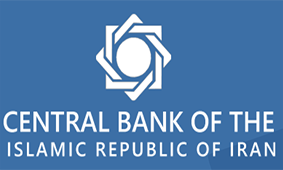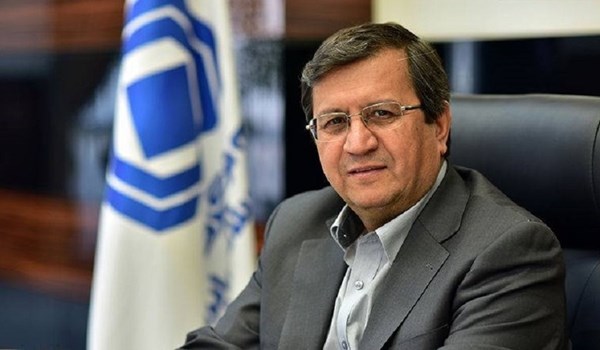
Iran’s National Currency Strengthening Despite US Sanctions

“Inflation has stabilized and the rial has recovered, while the economy has recorded growth over the last 12 months despite the impact of sanctions and the threat of war,” Hemmati said on Saturday.
Hemmati noted that "through the guidelines and support of the Leader of the Islamic Revolution and the president, the resistance of the nation as well as the prudence of the Central Bank", Iran managed to restore stability to the market.
The CBI governor said Iran’s currency regained its value despite the most complicated and unprecedented sanctions and monetary restrictions launched by the US and its regional allies against Tehran.
“Iran’s enemies had sought a currency collapse and economic disintegration to make chaos in the country. The rial, however, has rebounded, inflation has been reined in, and the economic growth is imminent,” Hemmati said.
Washington’s unilateral sanctions against Tehran began in November 2018, five months after US President Donald Trump withdrew from an international deal on Iran’s nuclear program.
Claiming that the bans were working properly, Trump tightened them in May, only to see that Iran was finding new solutions to recoup the losses.
Last month, Deputy Head of Iran Small Industries and Industrial Parks Organization (ISIPO) Ali Asqar Masaheb announced that Iran will undertake new measures to further strengthen its non-oil exports with a new bill to be tabled at the Iranian Parliament.
Iranian officials started planning for policies to counter the US possible sanctions a year before Donald Trump entered into office in early 2017. The policies are now proving effective as economic indexes are indicating inefficacy of the US pressures.
Earlier in July, Iranian Industry Minister Reza Rahmani said that despite US efforts to cripple Tehran’s economy, year-on-year comparison shows that the country’s domestic production has increased in the first quarter of the local calendar year (March 21-June 21).



Trump weighs using $2 billion in CHIPS Act funding for critical minerals

Electra converts debt, launches $30M raise to jumpstart stalled cobalt refinery

Codelco cuts 2025 copper forecast after El Teniente mine collapse

Barrick’s Reko Diq in line for $410M ADB backing

Abcourt readies Sleeping Giant mill to pour first gold since 2014

SQM boosts lithium supply plans as prices flick higher

Nevada army depot to serve as base for first US strategic minerals stockpile

Pan American locks in $2.1B takeover of MAG Silver

Viridis unveils 200Mt initial reserve for Brazil rare earth project

Kyrgyzstan kicks off underground gold mining at Kumtor

Kyrgyzstan kicks off underground gold mining at Kumtor

KoBold Metals granted lithium exploration rights in Congo

Freeport Indonesia to wrap up Gresik plant repairs by early September

Energy Fuels soars on Vulcan Elements partnership

Northern Dynasty sticks to proposal in battle to lift Pebble mine veto

Giustra-backed mining firm teams up with informal miners in Colombia

Critical Metals signs agreement to supply rare earth to US government-funded facility

China extends rare earth controls to imported material

Galan Lithium proceeds with $13M financing for Argentina project

Kyrgyzstan kicks off underground gold mining at Kumtor

Freeport Indonesia to wrap up Gresik plant repairs by early September

Energy Fuels soars on Vulcan Elements partnership

Northern Dynasty sticks to proposal in battle to lift Pebble mine veto

Giustra-backed mining firm teams up with informal miners in Colombia

Critical Metals signs agreement to supply rare earth to US government-funded facility

China extends rare earth controls to imported material

Galan Lithium proceeds with $13M financing for Argentina project

Silver price touches $39 as market weighs rate cut outlook

















